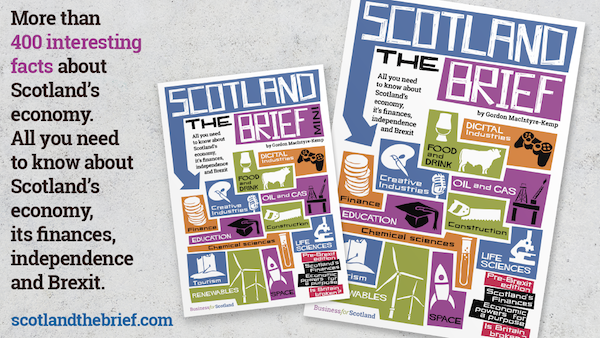Scotland is leading the way against climate change, with ambitious targets in place and progressive results already being achieved as a result of previous years’ policies. For example, at the end of 2018, the Scottish Government invested £16.7m towards the creation of 1,500 electric vehicle charging points, and this target has already been met, according to the UK Government’s Department for Transport. The Scottish Government has also demonstrated its commitment to tackling the climate crisis stating that it would be at the heart of the Scottish budget.
The 2020-21 budget, which was passed with support from the Scottish Green Party, contained several interesting environmental policies such as:
- A commitment to invest over £250 million in peatland restoration over 10 years. This will enable large‑scale projects to be developed and will demonstrate Scotland’s commitment to finding natural solutions to the climate crisis.
- An increase in the active travel investment, which will now stand at over £85 million in 2020-21.
- New electric vehicle funding of £5 million to support the transition to a decarbonised police force.
- Free bus travel for under-19s which promotes the Scottish Government’s goals of cutting carbon emissions and tackling poverty.
Scotland shows greater commitment to tackling climate crisis than the rest of the UK
Although many environmentalists will argue that it’s not enough, it is clear that Scotland has committed itself to very progressive climate policies and targets, most of which are significantly more ambitious than those set out by the rest of the UK. For example:
- Scotland aims to reach net zero greenhouse gas emissions 5 years before the UK. This is demonstrated in the legally-binding target to cut greenhouse gas emissions to net zero by 2045.
- Scotland plans to “phase out” the need for new petrol and diesel cars and vans by 2032. Whereas the UK Government has stated that the sale of new petrol, diesel or hybrid cars will be banned in 2035.
- Planting trees is still the most effective method of absorbing CO2 from the atmosphere. Last year, figures highlighted that Scotland surpassed its target, covering 11,200 hectares of the Scottish countryside. However, in England only 1,420 hectares of woodland was planted.
Scotland’s natural wealth makes the country a natural leader
Scotland’s energy system is transitioning from a traditional model, reliant on fossil fuels, to a modern form of electricity generation, involving renewable and other low carbon sources of electricity.
Scotland benefits from being a naturally wealthy country, and this has allowed for great progressions to be made in the renewable energy sector. Despite holding only 8.4% of the UK’s population, Scotland possesses 26% of the UK’s renewable energy generation and 90% of its renewable hydropower. Such natural wealth saw Scotland generate the equivalent of 68% of its electricity consumption from renewable sources in 2017, 45% better than the UK average.
This has resulted in greenhouse gas emissions from the electricity sector decreasing by 92% between 1990 and 2017. With Scotland’s natural wealth and the country’s desire to continuously develop the renewable energy sector, Scotland’s leading position in tackling the climate crisis is unsurprising.
Going forward
Scotland has made huge progress already, with Scottish greenhouse gas emissions having almost halved in the last 30 years. However, key areas, such as transport and agriculture, require greater efforts. The Scottish Government claimed that they were going to introduce Low Emission Zones in Scotland’s four largest cities. However, so far, only Glasgow has introduced this type of policy and this still only applies to 20% of buses that enter the zone.
The agricultural industry was the second highest source of emissions in Scotland in 2017 (23.9% of Scottish greenhouse gases). Agriculture was addressed in the Scottish Government’s Climate Change Plan, and several goals to reduce emissions were involved, such as encouraging organic farming and exploring the development of models to present the benefits of carbon neutral farms.
However, a more pro-active approach needs to be adopted to tackle the climate crisis within agriculture. Researchers at the University of Edinburgh have discovered a way of reducing the methane produced by cattle. This has the potential to dramatically lower the emissions produced within this industry globally. Adopting this approach would allow the Scottish Government to take the lead against climate change in another sector.
Conclusions
Scotland is already recognised on the international stage for its leading position in tackling the climate crisis. Outperforming other nations that are failing to respond to climate change with great efforts is good, however improvements still need to be made. For example, in areas such as farming and transport, we require a greater focus on lower emissions. Scotland has set out ambitious targets and achieved impressive results.
An independent Scotland, within the EU, utilising its natural wealth and with a more ambitious attitude and international-focus than the UK Government, would be in a strong position to step up and be the leading light that others follow.









